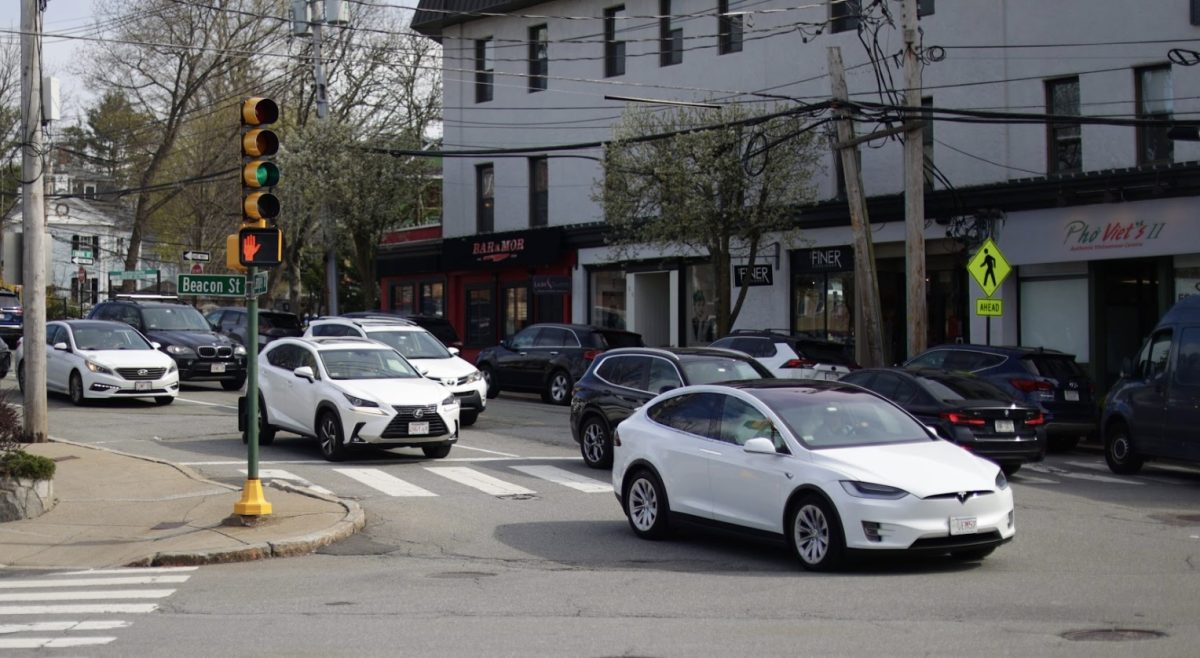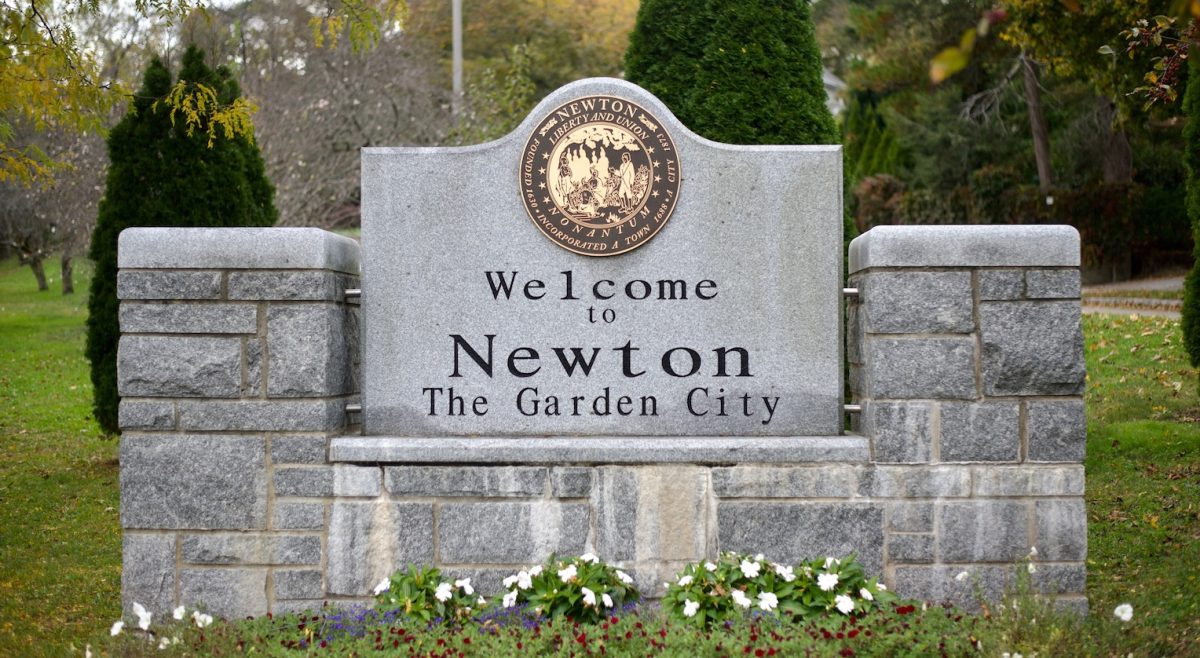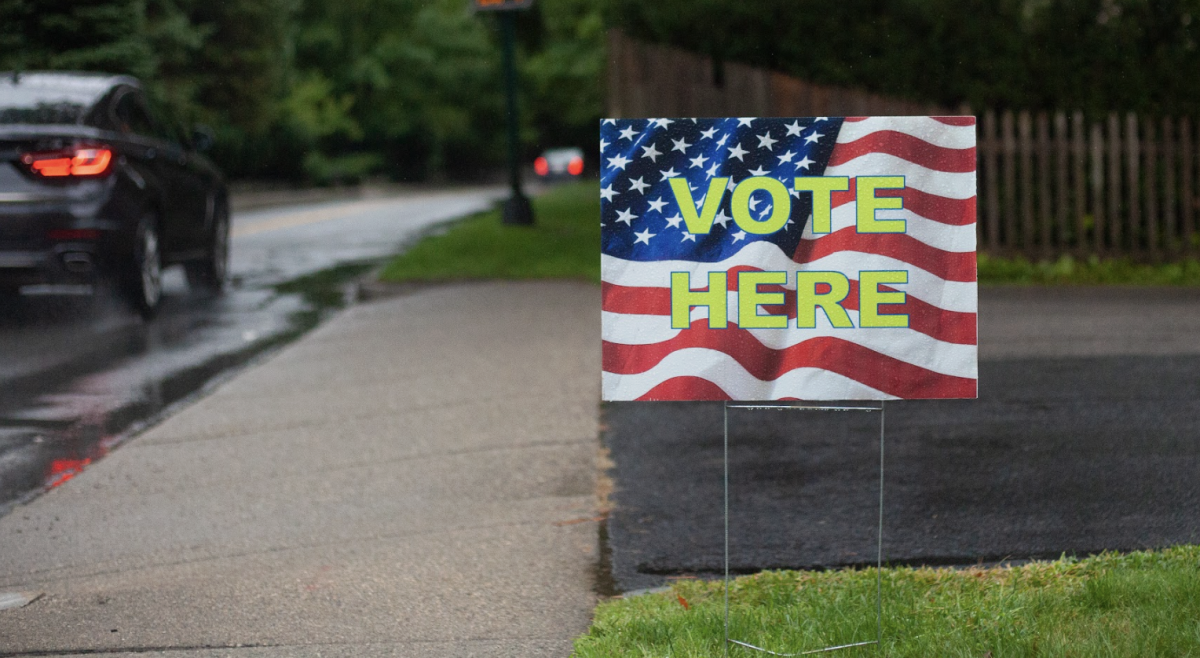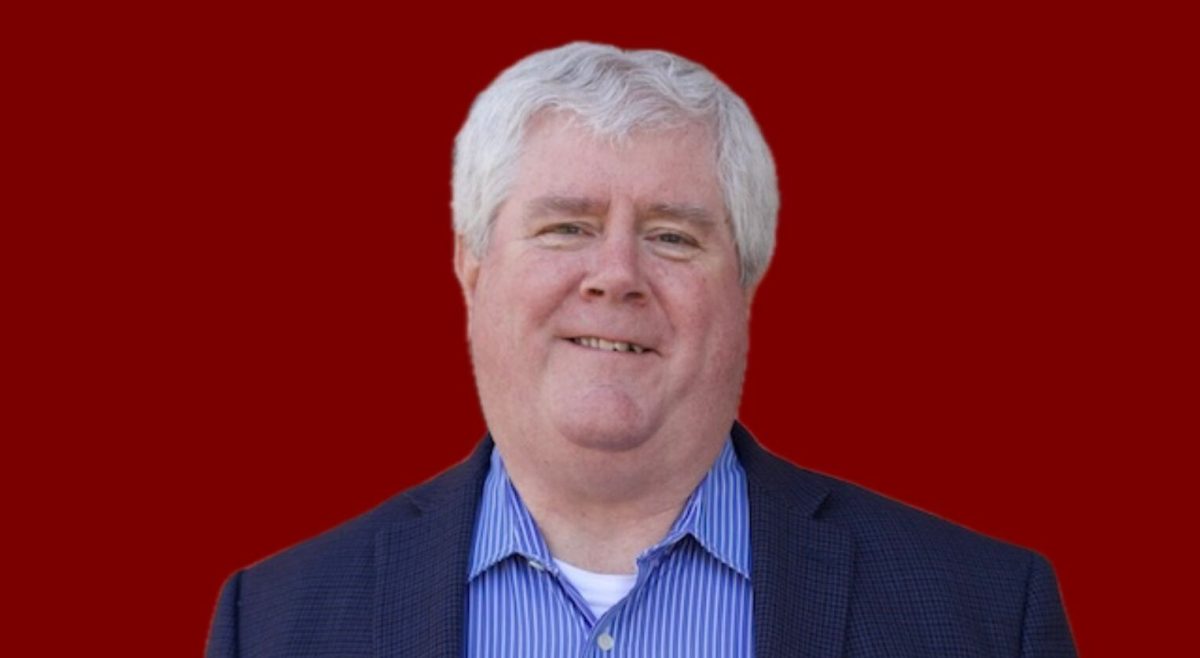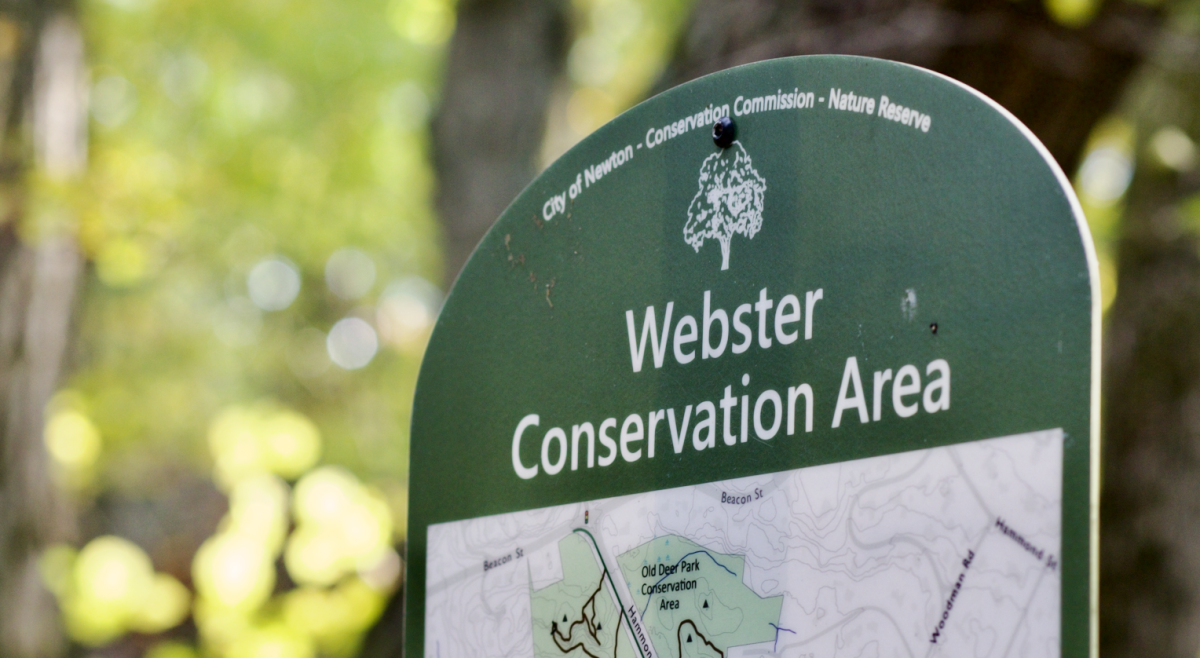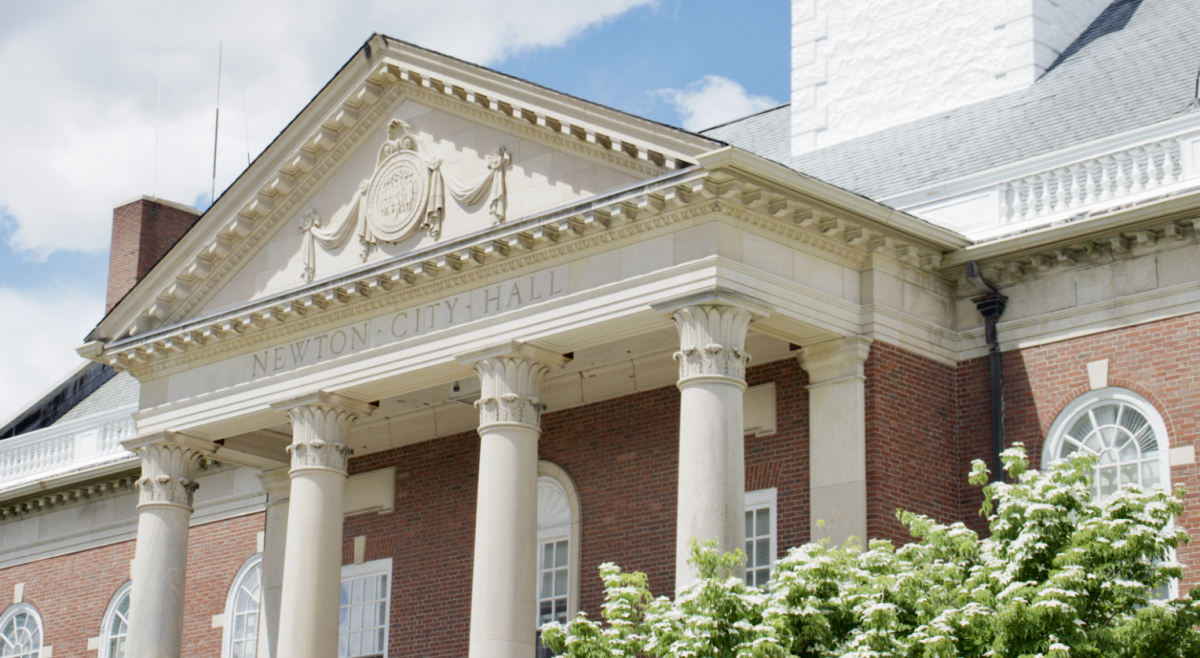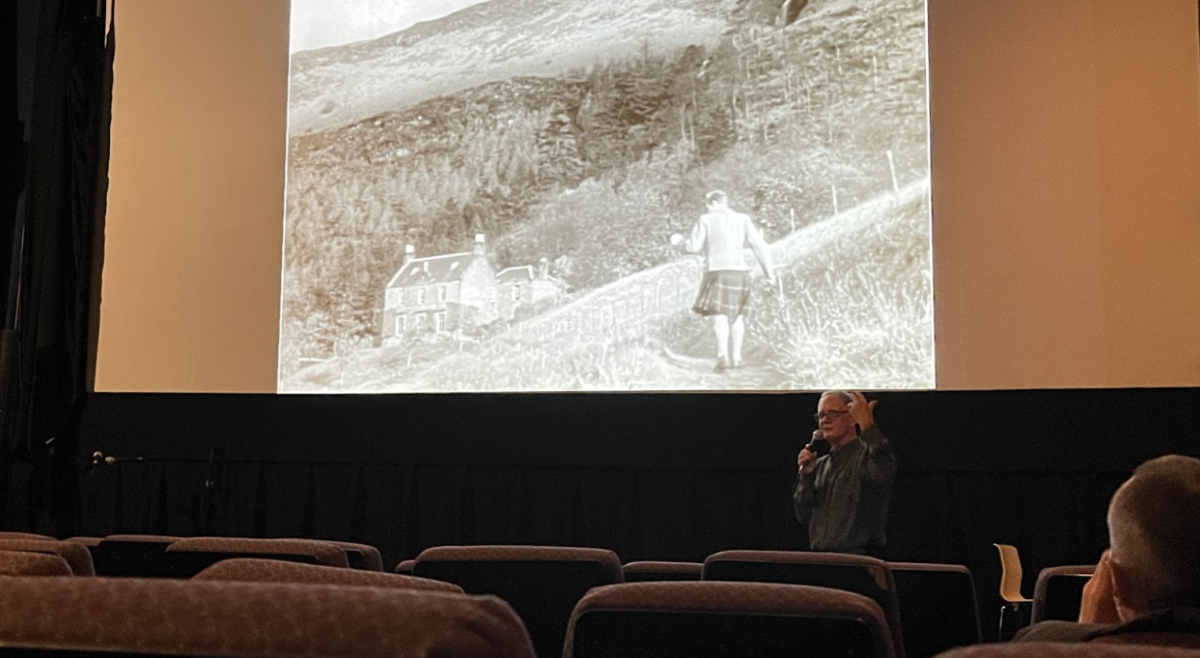Local landlords and entrepreneurs urged Newton’s Zoning and Planning Committee on Monday to eliminate mandatory parking requirements, stating they stifle commercial growth.
“You have to loosen the reins on applications because right now you’re notorious for being really, really tough,” said Hedy Jarras, owner of Sweet Tomatoes Pizza in Newton Centre and member of Newton’s Economic Development Commission.
Currently, Newton’s zoning ordinance requires businesses to provide a specific number of parking spaces, depending on factors such as the number of employees or seats in a business. When new business owners use real estate that belonged to a business with lesser parking requirements, they often need to obtain a special permit waiving the requirement from the Newton City Council.
“It’s just time and money,” said Ward 6 Councilor-at-Large Victoria Danberg.
Proponents of removing the ordinance also argue that the lengthy process deters people from opening businesses in Newton. Greg Reibman, president and CEO of the Charles River Regional Chamber, echoed these concerns, arguing that Newton is competing for tenants and should have that mindset when considering its stringent parking rules.
“Every time a restaurant owner decides whether they’re gonna open here or next door, it’s a competition,” Reibman said.
Another key supporter of parking rule reform is the Department of Planning and Development. They argue that the current statutes both bog down current business owners and deter others from coming.
“Parking requirements time and time again, from a zoning perspective, come up as a barrier—a barrier for existing businesses that are succeeding and looking to expand, or for new businesses to find a new space,” said Zach LeMel, Department of Planning and Development long-range planner.
The department brought forward a proposal with two key elements to alleviate the commercial parking dilemma. The first included instituting a blanket exemption on all parking mandates except BU1 and BU2 zoning districts. These districts are located in village centers where there is easier access to public transit.
“They mostly align with our access to public transit, be it the green line, the commuter rail, or bus service,” said LeMel.
The second part of their proposal involves simplifying the formula used to determine the required number of parking businesses must provide. The current formula’s variables depend on the type of business and the number of employees. The proposed change would simply base parking requirements on a business’ square footage.
“That would be a simplification that I think would be a minor step that would go a long way,” said LeMel.
The proposal received general approval from committee members. Ward 4 Councilor-at-Large Joshua Krintzman spoke very highly of the proposal and emphasized the urgency of parking ordinance reform.
“We know an empty storefront is not a successful business,” said Krintzman.
Suspicion about the proposed changes still remained among committee members. While all members supported reducing red tape, some had concerns about issues that weren’t addressed by the plan.
Ward 2 Councilor-At-Large Susan Albright raised questions over the lingering issue of parking availability, emphasizing that the government should address this problem.
“I don’t think the businesses should be required to provide the parking spaces, but somebody has to provide some parking spaces,” said Albright.
Chair Lisle R. Baker said that voting on the proposal after seeing it for the first time would be premature and asked present members of the Department of Planning and Development to return with a more detailed proposal.
“I want Newton to be a place where there’s new, fun, buzz-worthy restaurants, but you have to work with the people,” said Jarras.

